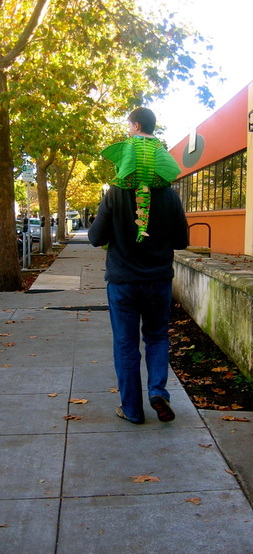 Some children, at a very early stage of their lives, give up their attempts to be seen, and as a consequence they isolate themselves from their parents and assume existential responsibility for themselves. JESPER JULL Children cannot build a sense of self if they do not have a "mirror" that reflects back their behavior and emotions. Whatever they do, whatever they feel or say, in a word the fact they exist, needs to be genuinely acknowledged by their parents. Speaking of that, acknowledging does not mean praising their every little move ad nausea ("oh, great throw", "good fall", "good catch!"), or the other way around, criticizing and correcting them continuously. Acknowledging means being fully, genuinely present with your child, and celebrate together with him/her the simple happiness of existing, the miracle of being alive. Of course, it is difficult to genuinely celebrate existence, if we view our life as a chain of suffering; if being is considered unproductive and boring, and therefore doing is what we believe should define us; if we consider the world as a dangerous place, which needs to be attacked and tamed. Children are happy just to exist. They do not need to be continuously entertained, it is in fact ok to be "bored" sometimes, that stimulates their imagination creativity. By buying them stashes of toys, by pushing permanently a screen in front of their eyes, we drag them further and further away from their own selves, we prevent them from learning to find resources within themselves, rather than permanently looking for an outside source. If given the chance, a child will always choose the validating, genuine presence and interaction with his/her parents, over starring at an iPad. And the human presence is the mirror which allows them to successfully build a healthy image of themselves. There are various reasons for which that crucial mirroring does not happen. Maybe the parents are too busy trying to figure out how are they going to get food for the next meal. Maybe they are not even present (physically or mentally) or maybe they are too busy fighting with each other. Or maybe they are focused more on criticizing and coercing the child to "behave well". The reasons are irrelevant, since the purpose of understanding the importance of being seen has nothing to do with blaming the parents or anyone else for that matter. 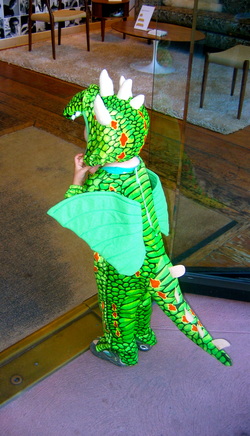 As Juul specifies, most of us do not realize until very late in life, when we are already adults, that our own individual self has not been seen and has not been reflected back to us within our family. It is the moment when we might realize that our whole life has been nothing but a search for that original acknowledgement, for that look, or gaze, in which we can reflect ourselves: the reassurance that we exist, that we are important, that we matter. Narcissus was somehow lucky and honest: he could afford to just sit by the lake and admire his image in the water all day long. Most of us do not do that, instead we are struggling to be recognized, to be "the first"/"the best" in school or at work, we are investing enormous amounts of time and money into accessories and objects that are said to guarantee our visibility in a social system. In this struggle to be the best, very often anger and aggression are the signals that we are struggling in vain, that we are knocking at a door that does not and might never open. It is my honor and my privilege to work with people who, for one reason or another, were not seen. To help them recognize and come out of the vicious circles in which they are stuck. SYNERGIS:
|

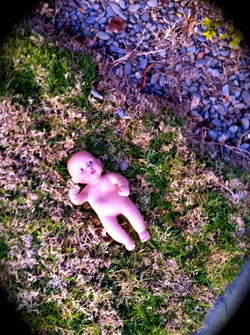
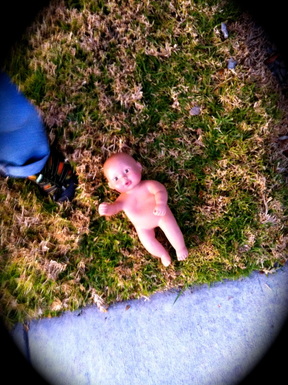
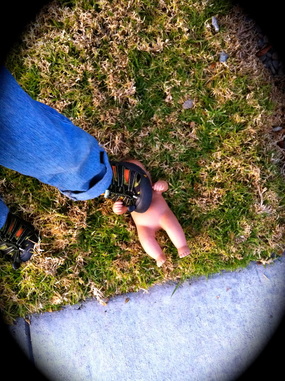
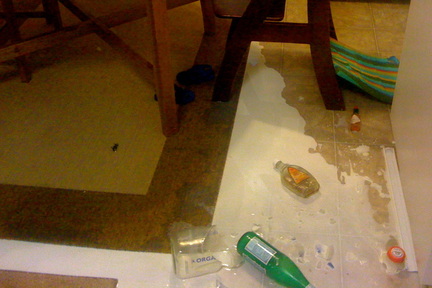

 RSS Feed
RSS Feed
